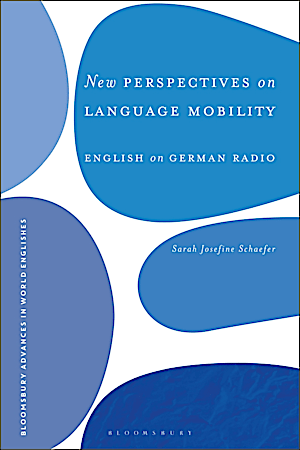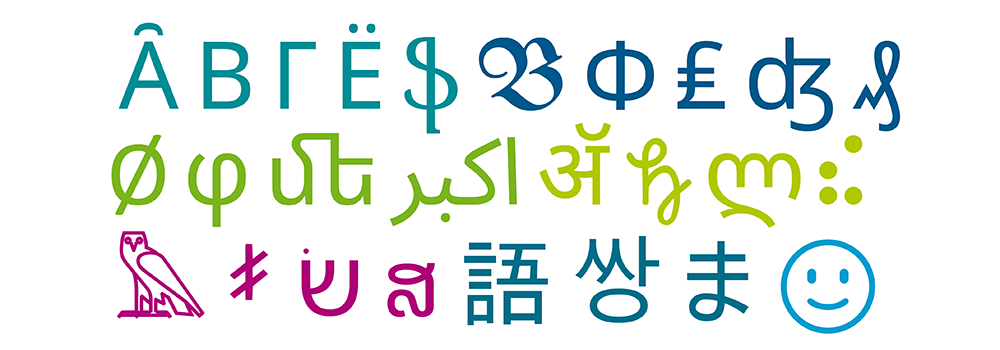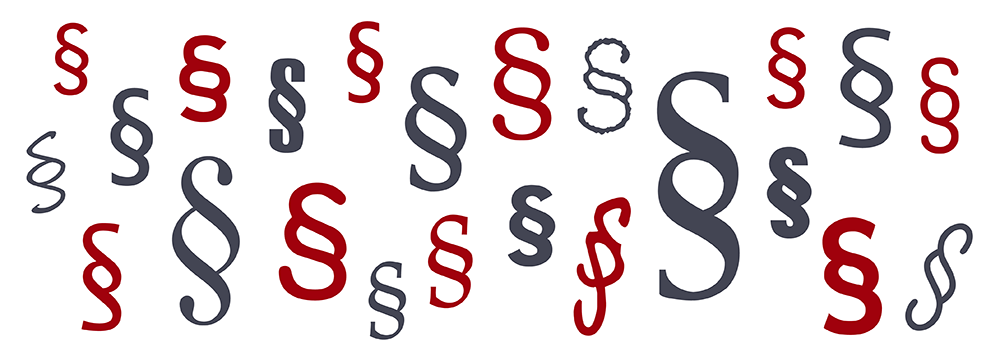New Perspectives on Language Mobility: English on German Radio
 The diffusion of English and the increasing mediatisation of our globalised world have significant impacts on our perceptions of language and culture. Beginning with an overview of how the conceptualisation of language is currently debated in sociolinguistics and related fields, this book highlights the need for a new perspective on language mobility.
The diffusion of English and the increasing mediatisation of our globalised world have significant impacts on our perceptions of language and culture. Beginning with an overview of how the conceptualisation of language is currently debated in sociolinguistics and related fields, this book highlights the need for a new perspective on language mobility.
Through examining the use of English on German radio morning shows, the book explores the dynamics of language use in times of accelerated globalisation and provides insights into how the media operate within the global flows of messages and linguistic resources that characterise our mediatised societies. In doing so, it demonstrates how combining the different perspectives of a sociolinguistics of mobility and contact linguistics allows for a thorough investigation of language practices in society, and advances the theoretical and practical approaches to the study of language mobility as a result.
zum Buch im ULB-KatalogPlus
zum Buch auf der Verlags-Website
The digital future of English: literary media studies
 More than any other discipline, literary studies is the creation of print culture. How then can it thrive in the digital era? Early 1990s predictions of the book’s imminent death presented a simplistic either/or choice between moribund print culture and triumphalist digital technology. Yet we have grown to experience the two as complexly interdependent—even complementary. Nevertheless, literary studies urgently needs to reconsider the discipline’s founding assumptions in light of digital technology. The digital era prompts rethinking of literary studies’ object of study, as well as its methods, theories, audiences, and pedagogical practices. What counts as literature necessarily shifts in an age of do-it-yourself (DIY) publishing and proliferating born-digital texts. Where should literary studies sit institutionally, and how might it blend contextually oriented social sciences methods into its traditionally humanistic textual analyses? Why should literary study continue to marginalize emotional responses to texts when online communities bond via readerly affect? Who is the audience for literary discussion in an age when expertise is routinely challenged yet communication with global book-loving publics has never been technologically easier? Finally, how can academics utilize digital tools to rejuvenate literary pedagogy and better connect with millennial-age students? This book addresses fellow literary scholars, book historians, media theorists, cultural sociologists, digital humanists, and those working at the interface of these converging disciplines. It models constructive engagement with contemporary digital culture and brings sorely needed optimism to the question of literary studies’ digital future.
More than any other discipline, literary studies is the creation of print culture. How then can it thrive in the digital era? Early 1990s predictions of the book’s imminent death presented a simplistic either/or choice between moribund print culture and triumphalist digital technology. Yet we have grown to experience the two as complexly interdependent—even complementary. Nevertheless, literary studies urgently needs to reconsider the discipline’s founding assumptions in light of digital technology. The digital era prompts rethinking of literary studies’ object of study, as well as its methods, theories, audiences, and pedagogical practices. What counts as literature necessarily shifts in an age of do-it-yourself (DIY) publishing and proliferating born-digital texts. Where should literary studies sit institutionally, and how might it blend contextually oriented social sciences methods into its traditionally humanistic textual analyses? Why should literary study continue to marginalize emotional responses to texts when online communities bond via readerly affect? Who is the audience for literary discussion in an age when expertise is routinely challenged yet communication with global book-loving publics has never been technologically easier? Finally, how can academics utilize digital tools to rejuvenate literary pedagogy and better connect with millennial-age students? This book addresses fellow literary scholars, book historians, media theorists, cultural sociologists, digital humanists, and those working at the interface of these converging disciplines. It models constructive engagement with contemporary digital culture and brings sorely needed optimism to the question of literary studies’ digital future.
zum Buch im ULB-KatalogPlus
zum Buch auf der Verlags-Website



Schreibe einen Kommentar